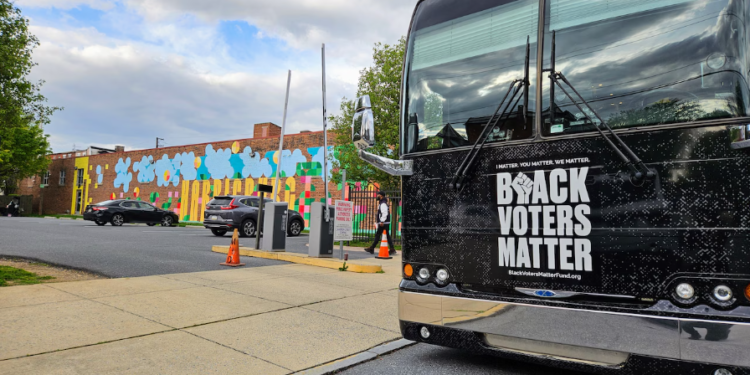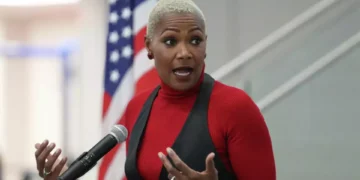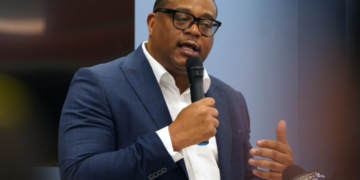Nov 17, 2024 Story by: Editor
Donald Trump’s triumph over Kamala Harris in the presidential election has left many Black Democratic voters in New Jersey disheartened. While Harris secured New Jersey, her narrow win by only five percentage points—unexpectedly close—has prompted Black Democrats to question whether their party truly addresses their community’s needs or simply courts their votes during election time.
A Party at a Crossroads
John Harmon, president of the New Jersey African American Chamber of Commerce, urged Black voters not to lose hope. “Don’t lose hope,” he said, while pointing out that the Democratic Party often takes the Black vote for granted. He also criticized Black elected officials for being more loyal to the party’s machinery than to their communities.
U.S. Rep. Bonnie Watson Coleman echoed Harmon’s concerns, stating, “Yes, Trump gained a few thousand more votes, but Kamala Harris lost half a million [in New Jersey]. Why? Because Democrats have neglected the communities and people who are the backbone of our party,” she said while endorsing Newark Mayor Ras Baraka for governor.
Challenges in Engaging Black Men
While Harris garnered support from 78% of Black male voters—slightly lower than Biden’s 80%—critics have noted a lack of outreach to Black men during the campaign. Rutgers professor Saladin Ambar criticized the party’s focus on blaming Black men, saying, “It’s hard to go up to Black men in barbershops… and then look at white women around the country who have continued to support Donald Trump.”
Jeannine LaRue, a civil rights activist, emphasized the party’s failure to include Black men in meaningful conversations. “Black men have not been part of the conversation for years,” she said.
Economic Concerns and Universal Policies
Montclair University professor Jason Williams highlighted the Democratic Party’s inability to directly address economic issues affecting Black Americans. “Blacks just have to settle and get what they can get when we pass these universal policies,” he explained. This approach, Williams argued, leaves Black voters feeling left behind and creates opportunities for Republicans to exploit their grievances.
Mayor Ras Baraka noted that many in the Black community feel that systemic inequities remain unchanged regardless of who holds office. “Democracy was sacrificed at the altar of indifference,” he remarked.
Efforts to Address Disparities
Black leaders in New Jersey have pushed forward initiatives, including a state disparity study revealing that Black people received less than 1% of state contracts. The findings led to legislation aimed at addressing these disparities. However, Harmon criticized the legislation, saying it lacked enforcement measures. “No matter if it is the state of New Jersey or the county with the largest concentration of Black people, discriminatory practices exist,” he said.
A Call for Unity and Change
Democratic State Committee Chairman LeRoy Jones acknowledged the party’s shortcomings. “The past two weeks have been a reality that is incredibly hard to grasp,” he said, adding that the party needs to educate voters better.
Mayor Baraka, who aims to become New Jersey’s first Black governor, called for unity within the Democratic Party. “If there were 10 things—we disagree on two, we’ve got to struggle around the two, but we unite around the eight,” he said.
As New Jersey grapples with the election results, Black Democrats are calling for a reevaluation of party priorities to ensure their voices are heard and their needs are met. Source: NJ

















